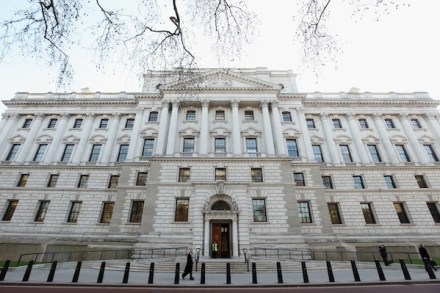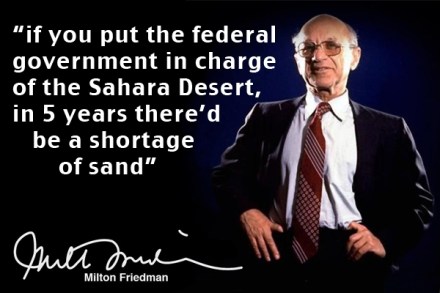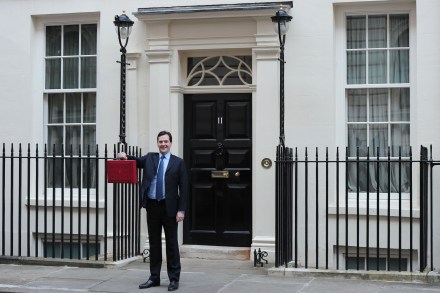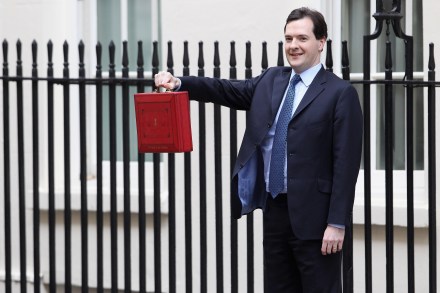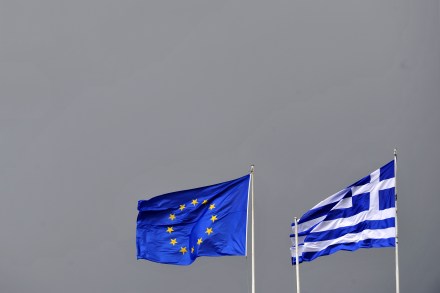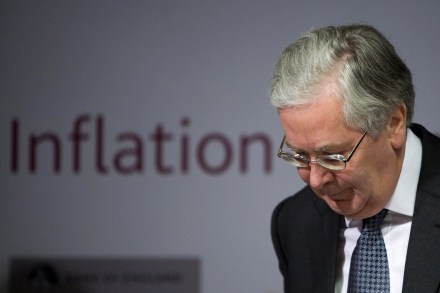GDP figures show the economy needs fundamental reform
Today’s GDP figures are far worse than expected. They mean that the economy has now shrunk for three consecutive quarters. The figures have destroyed the optimism created by the fact that employment and tax revenues are rising. Politically, these figures are undoubtedly a blow to the coalition. Labour is out trying to pin the blame for the continuing recession on the government’s economic policy. The Treasury is countering that the figures confirm that ‘the country has deep rooted economic problems’. In a sign, though, of how serious the GDP fall is, the government is conspicuously avoiding suggesting any external reasons for it — such as the Eurozone crisis, the weather
